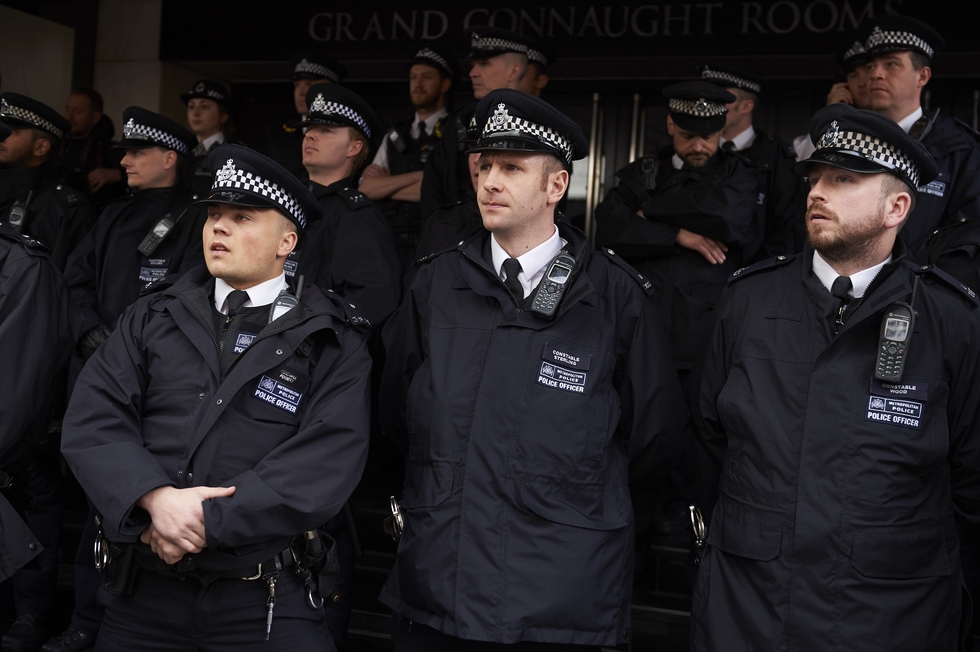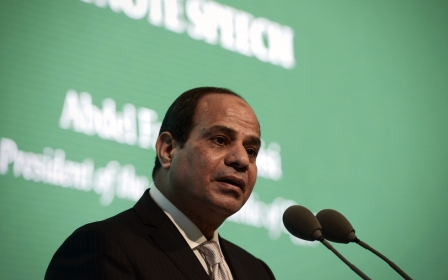UK police criticised for 'secretive' Saudi Arabia training deals

The British government’s approval of overseas police training in countries such as Saudi Arabia has been slammed by an influential parliamentary committee.
The Home Affairs Committee report, which was published on Friday, says that current safeguards against the risks of human rights abuses following training courses provided by the UK College of Policing may not be “fit for purpose".
It was reported earlier this year that the prestigious training establishment instructed hundreds of Saudi Arabian police officers despite officers in the kingdom repeatedly using torture to extract confessions from prisoners, some of whom have subsequently been sentenced to death and executed.
“The guidelines for ministers on overseas security and justice assistance were drawn up with the laudable intention of ensuring the UK would never enable human rights abuses by foreign security forces,” said Maya Foa, director of the death penalty team at Reprieve, commenting on the report.
“But deprived of proper scrutiny, the policy has become a rubber stamp for assistance programmes by rogue police forces, which appear to support the worst excesses of oppressive regimes – from executions of political protestors to the systematic torture of prisoners, including juveniles,” she said.
The report found that the College was pressured by the government “to raise revenue, including through providing overseas training,” and that some of this training been provided “on the basis of opaque agreements, sometimes with foreign governments which have been the subject of sustained criticism".
These programmes, according to the MPs, threaten “the integrity of the very brand of British policing that the College is trying to promote and smacks of hypocrisy".
The criticism centres on the way in which minsters have applied government guidance on overseas security and justice assistance (OSJA). Whenever UK bodies seek to provide law enforcement assistance overseas, they are required to complete a formal human rights risk assessment under the OSJA process.
The government refused to disclose to Reprieve the contents of multiple OSJA assessments, leading to accusations of opacity.
“This report is clear – excessive secrecy has undermined the Government's stated aim of avoiding British involvement in human rights abuses,” Foa said.
The committee report had a similarly unforgiving assessment, saying that the foreign secretary had been “unwilling to answer our direct questions regarding the basis on which international assistance is provided”.
“For a Foreign Secretary to act in this manner and tell the British Parliament that it cannot disclose such important information is totally unacceptable,” the report added.
“If British police officers are being asked to risk complicity in human rights abuses, then the public deserve to know about it,” Foa concluded. “Ministers must urgently listen to MPs, and commit to far greater transparency over security and justice assistance.”
New MEE newsletter: Jerusalem Dispatch
Sign up to get the latest insights and analysis on Israel-Palestine, alongside Turkey Unpacked and other MEE newsletters
Middle East Eye delivers independent and unrivalled coverage and analysis of the Middle East, North Africa and beyond. To learn more about republishing this content and the associated fees, please fill out this form. More about MEE can be found here.




